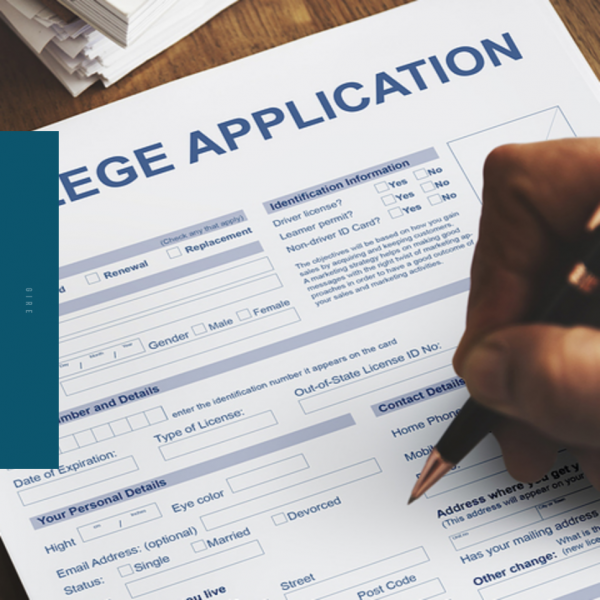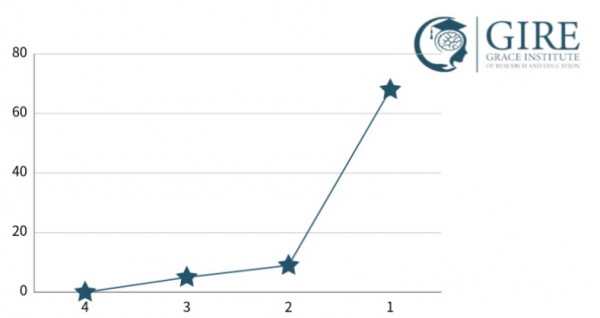|

The Impact of Research on College Admissions
Why Do College Admissions Officers Value High School Research Projects? According to the Dean of Undergraduate Admissions at the University of Pennsylvania (U of Penn), almost one-third of the Class of 2026 participated in academic research during high school. At CalTech, 45% of the 2027 incoming class submitted their research records. Harvard University’s admissions office reported that over 8,000 applicants in the 2019 admissions cycle had perfect GPAs, around 35,000 applicants had perfect SAT math scores, and approximately 1,000 applicants had perfect ACT/SAT scores. Yet, many students who achieve near-perfect standardized test scores do not gain admission to their desired colleges. As Harvard explains, this is due to their “individualized approach to assessing applicants.” At Cornell University, many academically outstanding students with appropriate standardized test scores failed to gain admission because their applications lacked visible indicators of passion, such as projects, experiments, portfolios, or creative efforts, as noted by Nelson Urena, a former admissions officer at Cornell. In summary, admissions officers seek “intellectual curiosity” that clearly demonstrates a student’s suitability and aptitude for the university’s educational programs. According to U.S. News, high school students engaged in impressive independent projects often leave a deep impression on colleges. This is because the effort involved in successful personal projects conveys initiative, self-discipline, and originality. Participating in research allows students to develop and showcase creativity, perseverance, leadership, and community spirit, which are attractive traits to colleges.
1. Creating a Student Community Colleges aim to create a vibrant student community, not just a group of students who can complete assignments. They seek students who will engage with the school community and take advantage of undergraduate research opportunities with faculty.
2. The Role of Academic Records While a student’s transcript shows their potential classroom performance, the activities section and essays on the application demonstrate how they might grow as part of the campus community. Among thousands of academically accomplished applicants, the qualitative aspects of the application can make a student stand out.
3. Collaborative Discoveries Breakthroughs such as DNA, radar, game theory, and the Google search algorithm were all discovered at top research institutions like Cambridge, MIT, Princeton, and Stanford through collaboration among professors, graduate students, and undergraduates. Therefore, schools look for students capable of conducting high-level independent academic research.
How Harvard Evaluates Students Harvard University assesses students on a scale from 1 to 4 across four key areas: personal, athletic, extracurricular, and academic. The Arcidiacono dataset (2014-2019, 160,000 samples) shows the admission rates for students receiving grades 1, 2, 3, and 4. Students who received a grade of 1 had an admission rate of 68%, nearly eight times higher than those who received a grade of 2.

The Difference Between Grades 1 and 2 According to internal Harvard documents, students who received a grade of 2 had “perfect or near-perfect grades and test scores but no evidence of substantial academic creativity.” In contrast, students who received a grade of 1 had similar excellent grades and test scores but also demonstrated “substantial academic creativity” through academic work reviewed by faculty.
Harvard indicates that if an admissions officer finds academic papers or similar evaluation metrics submitted by an applicant, the application can be sent for review and assessment by the faculty. To stand out among numerous applicants, submitting solid evaluation materials such as a creative portfolio is crucial.
Conducting High School Research Research projects provide a systematic framework and mindset to deeply explore specific questions in areas of interest. Project-based learning typically includes these skills and attitudes. They enable students to examine issues meaningfully, delve deeper using practical methods, and ultimately achieve genuine outcomes.
- Identifying a problem or question - Conducting a literature review - Designing an experiment or study - Collecting and analyzing data - Presenting findings
The Essence of High School Research Top universities offer admission to students who have demonstrated a significant impact on their community and a strong passion for learning. Completing a research project is not the only way to enhance an application. It's important to note that research experience is not merely about creating an impressive resume for college applications. It involves exploring personal interests, acquiring new skills, and sharing those interests with other scholars or the community. When students exhibit clear passion and a commitment to making an impact, their activities can stand out to admissions officers. |
 Click here to book
Click here to book